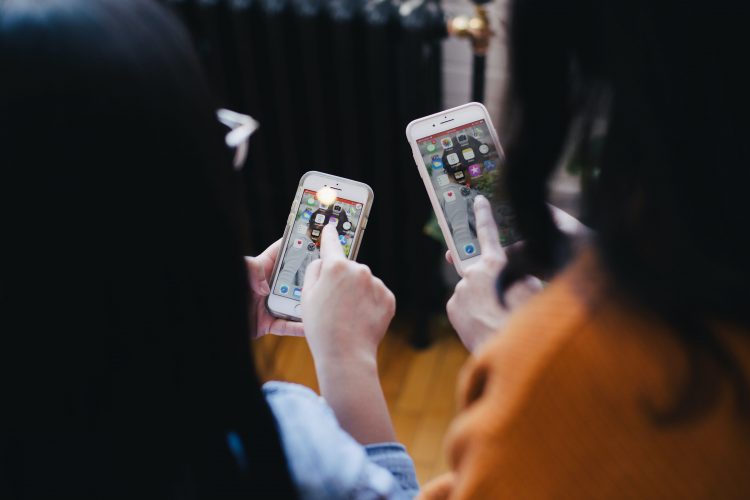- Home
- Nieuwsbrieven
- Mobile apps at the forefront of the Covid-19 fight
Mobile apps at the forefront of the Covid-19 fight
Posted on May 13, 2020
There are many ways in which the current fight against Covid-19 differs from previous global pandemics. One key difference is the availability and use of mobile phone technology, and apps in particular.
First and foremost, contact tracing apps are seen in many countries as useful in allowing lockdowns to be eased whilst keeping transmission rates at a manageable level.
Such apps will typically use Bluetooth signals to record encounters between people. A user is notified, and told to self-isolate, when someone the user has encountered has tested positive for Covid-19. Compared to manual contact tracing, apps have the potential to reach greater numbers of potentially-exposed individuals more quickly, thereby reducing the likelihood of further transmission.

A key issue is where data is stored. Apple and Google have developed an opt-in API for iOS and Android which contact tracing apps can use. This API allows a record of encounters to be stored locally on a user’s phone. If the user is found to have Covid-19, they can authorise the release of their phone’s stored encounters to a decentralised set of databases which are accessible by other users’ phones. This approach is designed to make tracking of individuals difficult, since data is stored locally and users stay anonymous.
On the other hand, some governments (including the UK and France) are favouring a centralised system, in which everyone’s data is uploaded to a database run by the government or health authority (e.g. the NHS), and analysed there. The use of a centralised system, it has been argued, can provide the government with a greater insight into how the disease is spreading. However, it has raised concerns from a privacy perspective. The UK government is currently testing its contact tracking app on the Isle of Wight. If this app is unsuccessful, there are suggestions that the UK government could switch to the decentralised model developed by Apple and Google.
Another issue is that, to be effective, contact tracing apps require a huge take-up. It has been suggested that at least 80% of smartphone users would need to actively use the app for it to work. For comparison, WhatsApp has been downloaded by less than 70% of UK smartphone users. It is likely that privacy concerns will have to be addressed (especially in the case of centralised systems) before any such levels of take-up are achieved. Bluetooth wristbands, such as those developed by Accent Systems, are one way that automated contact tracing could potentially be extended to those without smartphones.
Although at an early stage, another area of interest is the use of apps to assist with diagnosis. For example, Cambridge University has launched the Covid-19 Sounds project, which uses an app to gather audio samples from healthy and infected individuals (i.e. the sound of their voice, breathing and coughing). This data is then used to train machine learning algorithms for informing the diagnosis of Covid-19 based primarily on sound recordings. It remains to be seen whether such algorithms will be effective.
Symptom trackers, such as the Covid Symptom Tracker app developed in part by King’s College London, allow users to regularly report on their health, which in turn helps to maintain an up-to-date picture of the distribution of Covid-19 in the UK.

Finally, mobile apps could potentially be used to provide a digital certificate (a so-called ‘health passport’), proving whether or not a user has had Covid-19. Such an app would most likely use facial recognition technology, in conjunction with the result of an antigen or antibody test, to authenticate a user and certify their health status. There are, of course, questions remaining about whether the presence of antibodies in the blood ensures immunity, and whether immunity will wane over time.
These are just a few areas in which mobile phone technology could be used in the ongoing fight against Covid-19, particularly as governments seek to ease lockdown measures. In many of these cases, a major consideration is finding a balance between data privacy and public health management. This is something with which technology developers, as well as governments, are continuing to grapple.
Contact Alex if you would like to discuss our expertise in mobile and related technology, and find out how we can assist you with protecting the intellectual property of your innovations.
Author

Alex Crick Associate